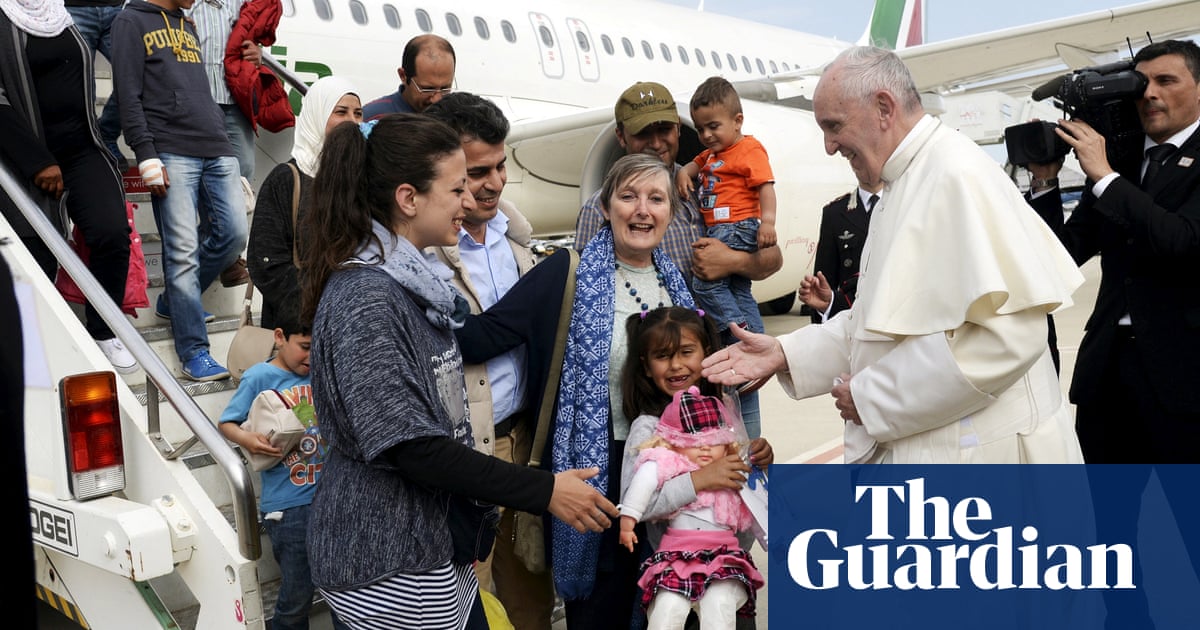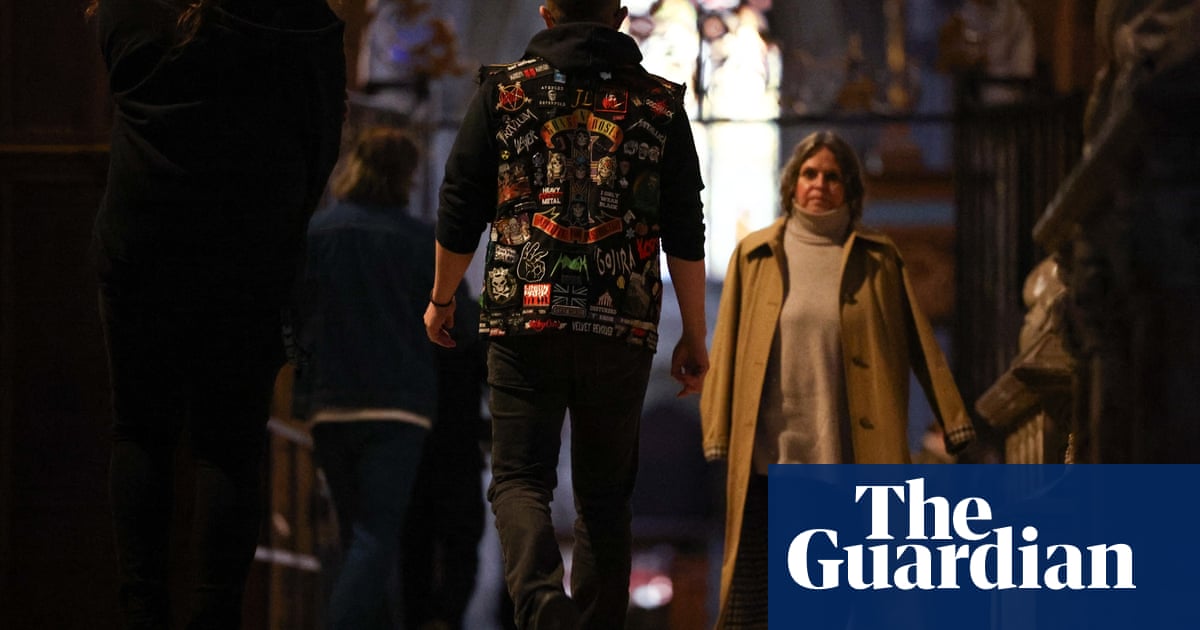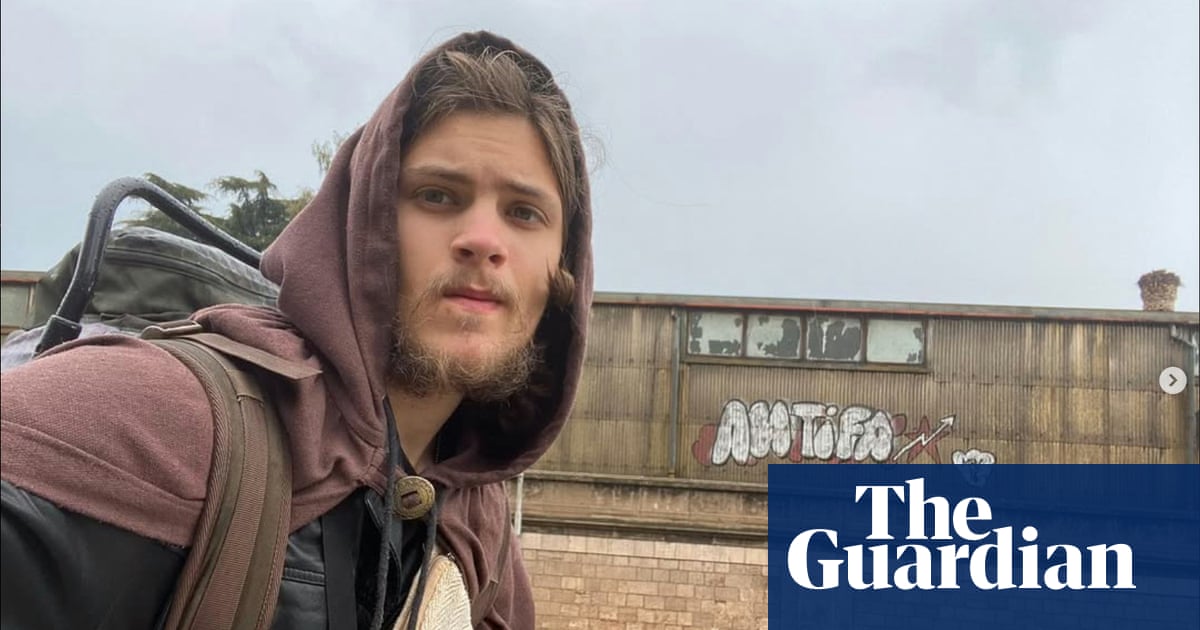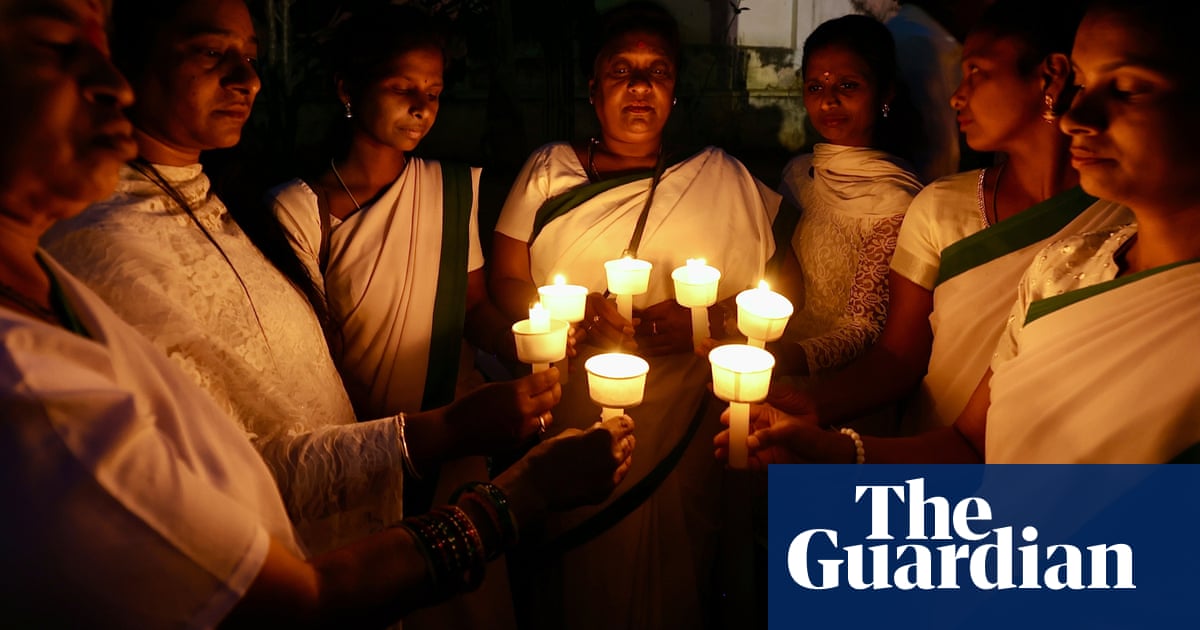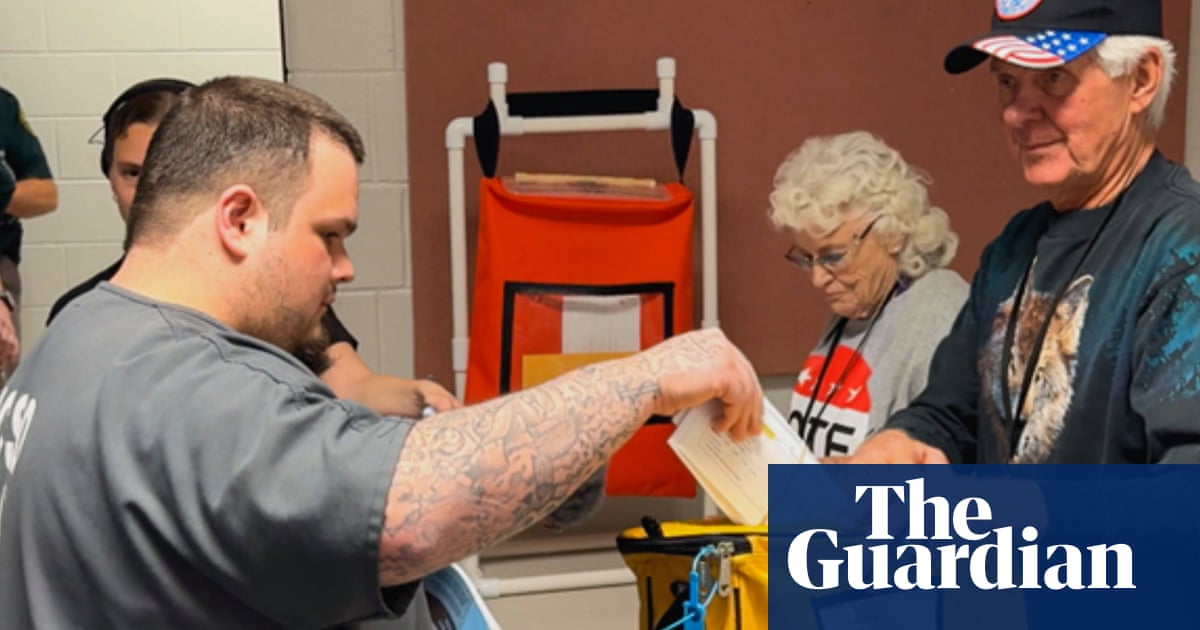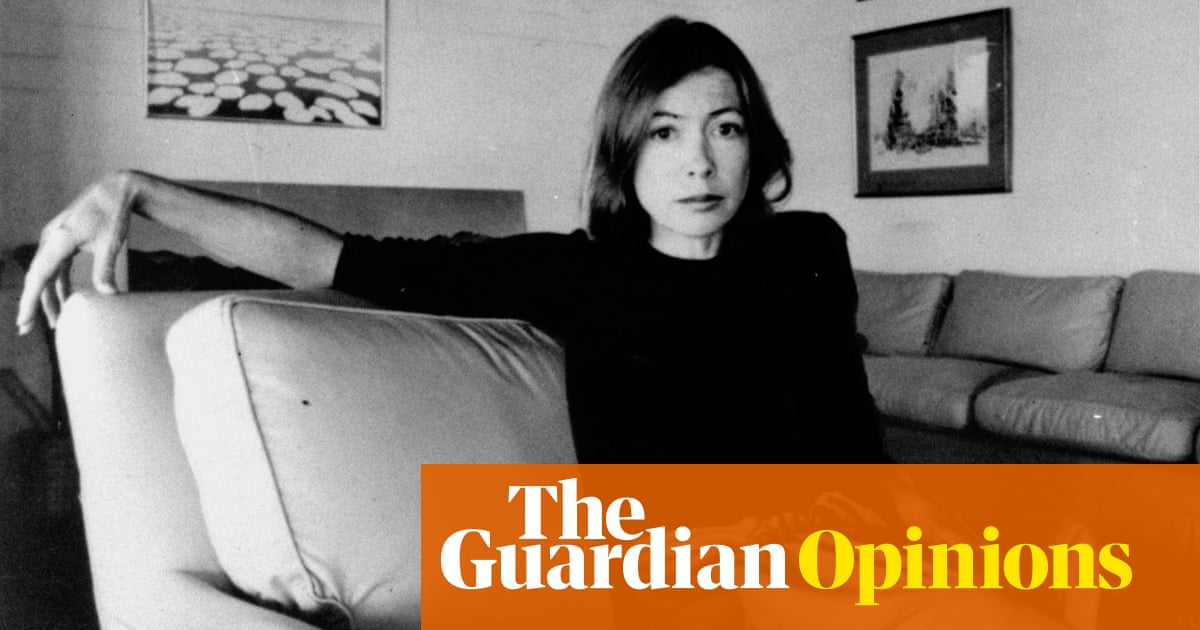Hello and welcome to The Long Wave. Over the festive break I read Andrée Blouin’s memoir, My Country, Africa: Autobiography of the Black Pasionaria. It is a remarkable autobiography that feels like a relevant reflection on the present, not a historical account. It moved me to write a sort of salute to Blouin by sharing her story. But first, the weekly roundup.
Weekly roundup

Rastafarians lead SVG’s cannabis boom | After a 2018 amnesty in St Vincent and the Grenadines, farmers are able to receive a free licence to grow marijuana crops. But it’s a difficult market, says our Caribbean correspondent, Natricia Duncan, with vulnerability to national disasters, barriers to legal trade and competition with richer countries such as Canada leaving farmers struggling to raise revenue.
Fire engulfs market in Ghana | A massive cleanup effort is under way after a fire ravaged a popular market in Accra on New Year’s Day, destroying thousands of stalls. Kantamanto is one of the largest secondhand marketplaces in the world, selling goods from brands including Primark, H&M and New Look.
Blood test error ‘devastates’ UK families | More than 800 African-Caribbean families in Derbyshire, England, were not sent the results of a test given to babies for genetic blood disorders, meaning they did not know if their child was a carrier of a trait for sickle cell disease or an unusual haemoglobin gene, our health and inequalities correspondent, Tobi Thomas, reports.
Tanzanians fight for ancestral remains | In the 20th century, German colonialists executed people in Songea, a Tanzanian city at the centre of anticolonial resistance, and took many of their remains to Europe. Our east Africa correspondent, Carlos Mureithi, reports on a documentary that follows two families as they fight bureaucracy to retrieve the remains of their ancestors.
Tech innovation revitalises Detroit | New technology hubs, millions in investment and a population boost have been driving the revival of Detroit, the largest Black-majority city in the US. Black-led innovation has formed a large part of the story, with initiatives such as Black Tech Saturdays bringing together people from across the country.
In depth: ‘The death of my son politicised me’

Andrée Blouin came to prominence in the 1950s as a central figure in Africa’s independence struggles. But that doesn’t capture who she was or how, as a woman of mixed heritage in high African politics, she became the most unlikely of protagonists.
Blouin rose from her early years in a punishing orphanage to become an adviser to the Democratic Republic of the Congo’s first prime minister, as well as a freedom fighter exchanging strategies to outwit scheming European powers with some of Africa’s legendary postcolonial leaders, including Ghana’s Kwame Nkrumah, Guinea’s Sékou Touré and Algeria’s Ahmed Ben Bella.
The Muse of Lumumba is what she was called in the international press. Belgian secret service memos described her simultaneously as the mistress of several independence leaders and a militant, dangerous fanatic who had no interest in sex or money. But her memoir reveals a woman who simply had come to believe unwaveringly in two principles: liberation and solidarity.

Her book charts how she came to those beliefs, in spite of the fact that her years in a church orphanage for mixed girls were meant to break her. Blouin’s voice rings loud and clear throughout her account of her life, conversational and at times proudly regaling. I found myself gripped, like a junior listening to a family elder, and wondered how she seemed so comfortable in her skin and in command of her story despite such painful experiences.
At times I became angry, not just on her behalf but at the violations of colonialism that are still subject to equivocation. Other times, her matter-of-fact retelling of what she endured brought to mind my mother, who rarely speaks of her formative years. At once I saw Blouin not as part of a peer group of stoic pioneers, but of a generation of women whose lives were shaped by the burdens and legacies of imperialism – and their fledgling nation states – in ways they never had the luxury to linger on. I made a mental note while reading to ask my mother more questions.

Born in 1921 in Oubangui-Chari (now Central African Republic), Blouin was the only daughter of a French merchant and a young tribal chief’s daughter. Blouin’s parents, their unlikely liaison, separation and friendship in later life, run through her memoir like two blessings and two curses. For their union Blouin would be punished, according to the nuns who raised her, to atone for the “wickedness” of her father and “the primitive nature” of her mother.
after newsletter promotion
After years of starvation, torture and imprisonment, Blouin flees from the orphanage at 17. But she is caught and, in what she sees as a repetition of her mother’s tragic history, she becomes the mistress of a Belgian nobleman, lusted after but hidden away. She falls pregnant at 19 and the child’s father, like her own, refuses to recognise his daughter and weds a white woman in a “marriage of dignity”. Shortly after she meets another white man, a crude and racist French soldier looking to make his fortune in Africa, with whom she has a son.
And then her moment of political awakening takes place. The child falls ill and is refused medication by the colonial medical authorities, on account of the fact that he has one Black grandparent, and dies at the age of two. “The death of my son politicised me as nothing else could,” she wrote.
In a way, her mixed heritage, colonial orphanage education and liaisons with white men brought her severe pain but also access to the inner workings of the colonialist regime. She saw how in the French and Belgian Congos, European powers administered the land in their favour in a colossal extraction of wealth and resources, with the church giving moral blessing to their crimes in a “snug arrangement” of “feudal fiefdom”.

She meets a third white man, a Frenchman, but this time it is true love. They marry in 1952, have two children and move to Guinea, where she settles into a “comfortable, middle-class life with my distinguished white husband”. Blouin is beautiful, she is in love and prosperous, and the pleasure in her appearance that radiates from her account of herself are no longer damned to sinfulness but ensconced in happy matrimony.
But then, as she waits at the till in a shop for some change, she sees a photograph of the Guinean independence leader Touré behind the counter. The caption reads: “Why are you on the other side in this struggle? Why are you against us?” In a trance she answers: “No. No, I’m with you. I’m with you!” The next chapter in her life is dedicated to African independence and nationalism. In 1958, Blouin throws herself towards securing a vote to sever relations with France in an independence referendum granted by Charles de Gaulle to African colonies. That activism, combined with work organising for women’s rights in Congo, draws Blouin into the circle of African independence charismatics – and to Patrice Lumumba’s side.
But the work of freedom is hard, confounded by sabotage from imperial powers, with several competing parties and tribes thwarting independence on Africans’ terms. Blouin’s pleasure in the company of who she sees as principled revolutionaries quickly curdles as the fight for independence in the 1960s becomes caught in the crosshairs of the cold war: the Soviet Union’s move into Africa and anti-communist preoccupations in the west.
The Democratic Republic of the Congo declares independence in 1960, but it is a fraught time. Blouin’s most senior position, as Lumumba’s chief of protocol, is one she recalls as unpaid and constantly undermined. The Belgians had emptied the coffers of the fledgling state and political intrigue swirled around her and Lumumba. “I bitterly, painfully, came to realise that the real enemies of Africa are the Africans themselves,” she wrote. Lumumba was assassinated in 1961 by political adversaries at the hands of Belgians and with the blessing of the US government.

Blouin went into exile, first to Algeria and then to Paris, where she died in 1986. In the last pages of her memoir, she reflected on a reality that sent a shiver of recognition through me. She wrote: “As I look back, I think the hardest thing for us to bear during the long struggle for viable statehood has been the knowledge that it is not the outsiders who have damaged Africa most, but the mutilated will of the people and the selfishness of some of our own leaders.”
As my own country, Sudan, is in the bloody throes of succumbing to the selfishness of its leaders, I am grateful to read Blouin’s words echoing down through the years. They are a reminder that our political realities are the complex legacies of centuries of colonialism and the flawed routes to independence. Her undimmed passion for liberation and fraternity shows how Africans owe previous generations, who eschewed lives of comfort and co-option, the same resolve in treating our fate not as separate and inevitable but a common struggle that is by no means our destiny.
-
My Country, Africa: Autobiography of the Black Pasionaria, republished as part of Verso’s Southern Questions series, is available at the Guardian bookshop.

 3 months ago
50
3 months ago
50

